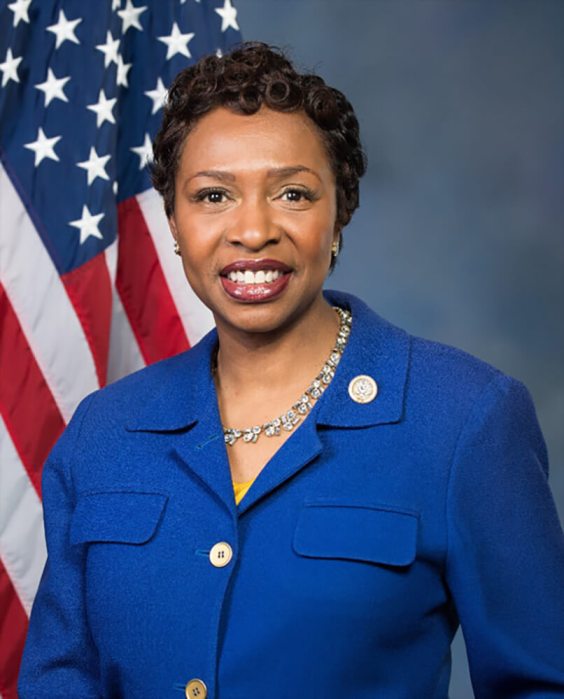The annual list of distinctive nationals from Jamaica has been announced and among them is Linton Kwesi Johnson, the London-based poet who has consistently documented the plight of Caribbean nationals and people of color who suffer injustices in Britain and throughout Europe.
Affectionately known as LKJ, the 62-year-old poet will be hailed on Heroes’ Day in Jamaica on the national holiday celebrated on the third Monday in October and commemorates seven national heroes from Jamaican history.
Best known as the premiere, performance dub poet due to his clever and pioneering use of combining reggae music with biting poetic commentary on police brutality since migrating to England in the early 1960s LKJ along with singer Marcia Griffiths — who previously received an OD (officer’s class) will be upgraded to commander’s class; musicians Bobby Ellis, Dwight Pinkney, Phil Chen, Carl Brady, a founding member of the band “Byron Lee and the Dragonaires,” sculptor Laura Facey, dancer Patsy Ricketts and theatre stalwart Douglas Bennett will be commended.
Using grassroots Jamaican patois to amplify the injustices immigrants faced in Britain LKJ inspired other poets such as Malachi Smith in Florida, Oku Onuora, Mikey Smith, Jean Binta Breeze, Mutabaruka and Yasus Afari in Jamaica, and a number of others to also record the issues in their midst.
Afari recently honored Johnson at his Jamaica Poetry Festival in Kingston.
“LKJ is hugely influential as a dub poet and social activist in the worlds of poetry, dub poetry, reggae, literature and black culture. This is so largely due to the fact that he is the very epitome of the social conscience of Britain in his generation and in his era and at a critical juncture in British society and world history,” Afari said.
Slated to receive the nation’s Order of Distinction on Oct. 20, LKJ is now among a very elite group of entertainers to be awarded the fifth highest civic honor for his contribution to the development of Jamaican music. He will be presented the OD during the annual National Honors and Awards ceremony at King’s House, the official residence of the Governor General.
LKJ was born on Aug. 24, 1952 in Chapelton, a small town in the rural parish of Clarendon, Jamaica. He joined his mother in England in 1963 and attended school in south London. While at school he joined the Black Panthers and helped to organize a poetry workshop within the movement. It was there that he first heard The Last Poets.
Later LKJ was introduced to New Beacon Books, the UK’s first Black bookshop and publishers, by Tony Ottey, an Anglican priest who frequented the youth club LKJ attended. It was there he met the Trinidadian writer and activist John La Rose, who was to become a lifelong friend and mentor, as well as Jamaican author Andrew Salkey, one of the earliest supporters of Johnson’s poetry.
Allegedly, racism and social indifference toward Blacks was pervasive and immediately he was inspired to record his observations in the early 1970s. With the advent of dub music and the deejays talking over reggae rhythms — particularly Big Youth — LKJ moved towards writing poetry in his own Jamaican English and about his own experiences living in a foreign country.
Some of LKJ most prolific compositions include poetry from his 1978 “Dread, Beat & Blood” album which include singles “Five Nights of Bleeding” a poem he dedicated to the plight of Leroy Harris, “Doun De Road,” “Song of Blood” and “It Dread Inna Inglan” which explained a horrific incident involving immigrant George Lindo.
“New Craas Massahkah,” “Di Great Insohreckshan,” “Di Eagle an Di Bear,” “Inglan Is Ah Bitch,” “It Noh Funny” and other Jamaica patois poetry established the brilliant poet as a griot, messenger and cultural reporter whose words extended past local issues to address international political news. His recordings are amongst the top-selling reggae albums in the world and his work has been translated into Italian and German.
Backed by the Dennis Bovell Band, LKJ’s hard driving reggae would punctuate and emphasize the most affecting words to his poetry. Throughout the years he regularly visited New York performing with his band at Columbia University, SOB’s, Wetlands and major reggae venues in Manhattan.
“Sonny’s Letter” popularized his poetry to a global audience when a major record label signed and distributed the talent perhaps nudging the sensitivities of immigrants throughout the US diaspora when it was released as a communication to a mother whose two sons migrated to London with the promise that the elder would protect the younger of the two.
The recording is alleged to have stopped the anti-Black Sus laws in England, which like the Stop & Frisk NYPD provision allowed cops to arrest anyone who police might view as suspicious. LKJ’s consciousness-raising poetry repeated on UK radio stations in 1978 allegedly creating a movement that halted the controversial, racist Sus Law.























